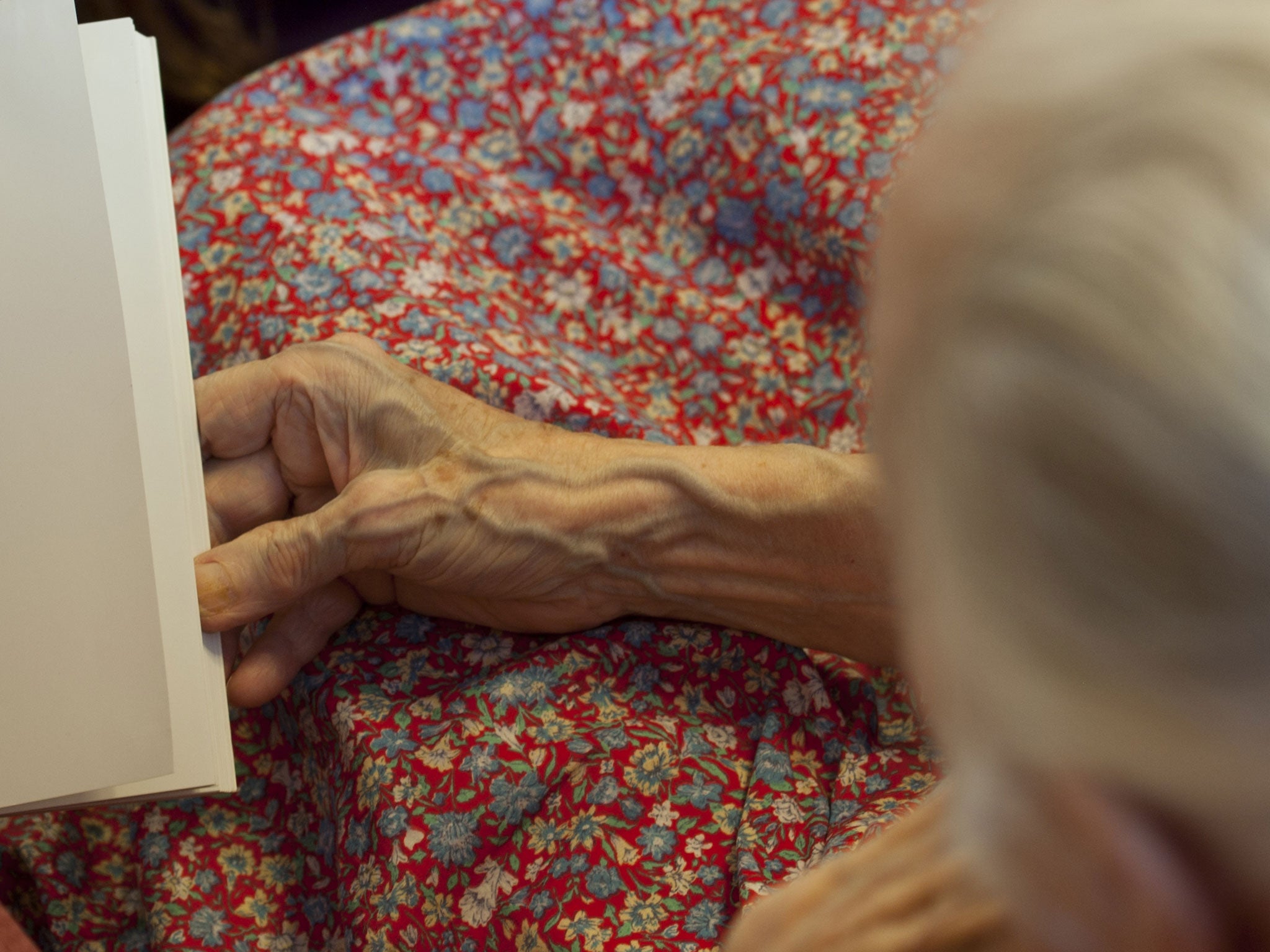'Use it or lose it' lifestyle changes could protect brain from dementia – and help 80,000 people a year
Estimates suggest that there are around 800,000 dementia sufferers in the UK

Your support helps us to tell the story
From reproductive rights to climate change to Big Tech, The Independent is on the ground when the story is developing. Whether it's investigating the financials of Elon Musk's pro-Trump PAC or producing our latest documentary, 'The A Word', which shines a light on the American women fighting for reproductive rights, we know how important it is to parse out the facts from the messaging.
At such a critical moment in US history, we need reporters on the ground. Your donation allows us to keep sending journalists to speak to both sides of the story.
The Independent is trusted by Americans across the entire political spectrum. And unlike many other quality news outlets, we choose not to lock Americans out of our reporting and analysis with paywalls. We believe quality journalism should be available to everyone, paid for by those who can afford it.
Your support makes all the difference.Simple lifestyle changes could save more than 80,000 people a year from dementia, a major global report has said.
The research suggests action should be taken much earlier in life to combat diseases such as Alzheimer’s, amid evidence that deterioration of the brain starts in the 40s.
The findings of the report will be presented to the World Innovation Summit for Health in Doha in February, the Daily Telegraph has reported.
It triggered a call from summit chair and former Labour health minister Lord Darzi for the public to take a “use it or lose it approach” to the health of their brains.
The report claims that 80,294 cases of dementia might be prevented in Britain if steps were taken to reduce blood pressure in midlife, through simple changes to diet and exercise regimes.
Estimates suggest that there are around 800,000 dementia sufferers in the UK, although just under half are not formally diagnosed.
Writing in the Telegraph, Lord Darzi urged people to “act now” to change their diet and exercise habits and to stimulate their mental capacity through activities such as solving puzzles.
“The degenerative brain condition that strips sufferers of their dignity and humanity is among the most feared of all those that afflict our species,” he writes. “It is one of the greatest health challenges we face.”
“At an individual level we need to look after our brains – sharpen those chess skills, pick up that crossword and solve that puzzle,” he suggests. “Eating a healthy diet, avoiding obesity and getting plenty of exercise are all important to brain health because what is good for our hearts is also good for our heads.”
Join our commenting forum
Join thought-provoking conversations, follow other Independent readers and see their replies
Comments